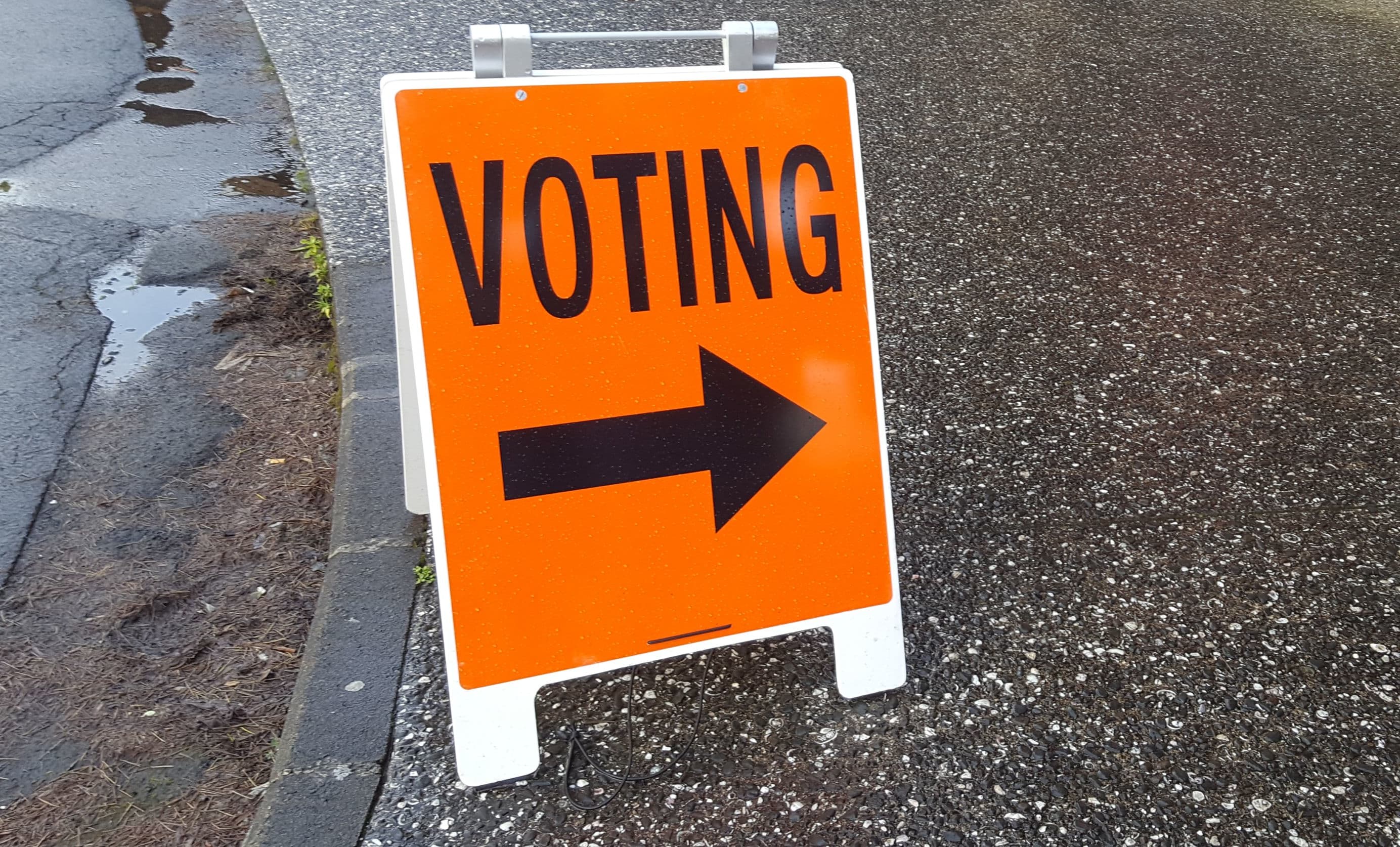An old law that gives owners of multiple properties extra voting rights in local elections is unfair, archaic and should be ditched, election researchers say.

Photo: RNZ / Demelza Leslie
The ratepayer roll allows people to vote in each council district, local board area and community board area the own property in.
RNZ analysis of Auckland's ratepayer rolls from the 2016 local elections uncovered people who were enrolled as ratepayer voters in not just one, but two, three or four different local board areas.
One man was enrolled in seven separate local board areas, in addition to the area he lived in. Although he could only vote for Auckland's mayor and councillors once, he was eligible to elect local board members in Howick, Upper Harbour, Devonport-Takapuna, Kaipatiki, Waitemata, Henderson-Massey, Manurewa, and Hibiscus and Bays local boards.
Overall, about 12,700 ratepayer votes were cast in the 2016 elections for district, city and regional councillors, and local and community board members.
AUT Policy Observatory director Julienne Molineaux said while that only represented a fraction of all votes, the existence of the ratepayer roll was "hugely symbolic" and she would like to see it done away with.
"The problem is one of fairness rather than a distortion of the outcome," she said.
"At the heart of this is the question of what is the purpose of local government? Does local government exist to service properties, or does it exist to provide for the welfare and amenity of all the residents?"
Otago University law professor Andrew Geddis, who specialises in electoral law, said the ratepayer roll in New Zealand dates back to the 19th century, when voting rights were tied to how much property someone owned.
"We got rid of that idea ... in 1893 and we went at national level to one person, one vote. But at the local level, it's carried on that you get to vote in each place that you have some property, along the lines of that each area is a different rating authority."

Andrew Geddis Photo: Supplied: Otago University
The ratepayer roll created an obvious inequality, by granting some people wider voting powers than others, Mr Geddis said.
But as well as that, ratepayer voters could have very different priorities compared to people who lived their day-to-day lives in an area.
"It's quite possible that they don't actually care that much about things like libraries, they don't care that much about things like roads and so on, because they're just not there that often. But what they do care about is keeping their rates low ... so you do see the potential for the divergence of interest to occur."
While it was unlikely, the possibility that ratepayer voting could distort the outcome in some areas still existed, Mr Geddis said.
"There will be some places where the number of out-of-community property owners will be large enough that they could, in theory, swing the election one way or the other.
"Whether that does happen practically, I don't know, but whether it should even be a possibility I think is certainly something we should question."
In 2016 the average ratepayer voter turnout across all local body elections was 87 percent - double regular voters' rate.
That meant that in Thames-Coromandel, for example, ratepayer voters represented about 5.5 percent of all people eligible to vote, but accounted for nearly 10 percent of the actual vote.
'It's just plain silly'
The ratepayer roll - or the property vote, as it was called then, was briefly abolished by the Labour government in the late 1980s before National reinstated it in 1991.
Former Labour local government minister Michael Bassett said he got rid of the property vote because it "seemed to me to be a crazy hangover from the old days".
National should never have brought it back, Dr Bassett said. "[But] they did and it still exists. In my view, it's just plain silly."
The newly-formed Federation of Ratepayer Associations did not return RNZ's calls and the Society of Local Government Managers' chief adviser declined to comment on the record.
A Local Government New Zealand spokesman said the organisation did not have a strong view one way or the other on the ratepayer roll.
However, the Department of Internal Affairs, which oversees election regulations, defended the rule, saying property owners were required to pay rates to all territorial authorities where they had property.
"It's important that as a ratepayer the owner of the property has the ability to have a say in who they want representing their interests at the council table on matters that include issues that will affect rates," the department said in a statement.
Dr Molineaux said there were valid reasons that out-of-area ratepayers might feel they had a stake, including concerns that council actions could affect their property's value.
"And you might care very much about that other property, it could be a family home that's been in your family for generations, it could be a location where you intend to keep going for many decades.
"And so you feel that you have an interest in that local community, and the kinds of decisions that the council makes."
However, that did not automatically confer a right to vote, she said.
"Councils have many different processes where people can have a say, so you can submit on council plans, council re-zonings, you can appeal consents that are given out, you can get involved in the resource consent process."
Candidate nominations for this year's local body elections open on 19 July. Official polling day is 12 October but postal voting will begin in late September.





